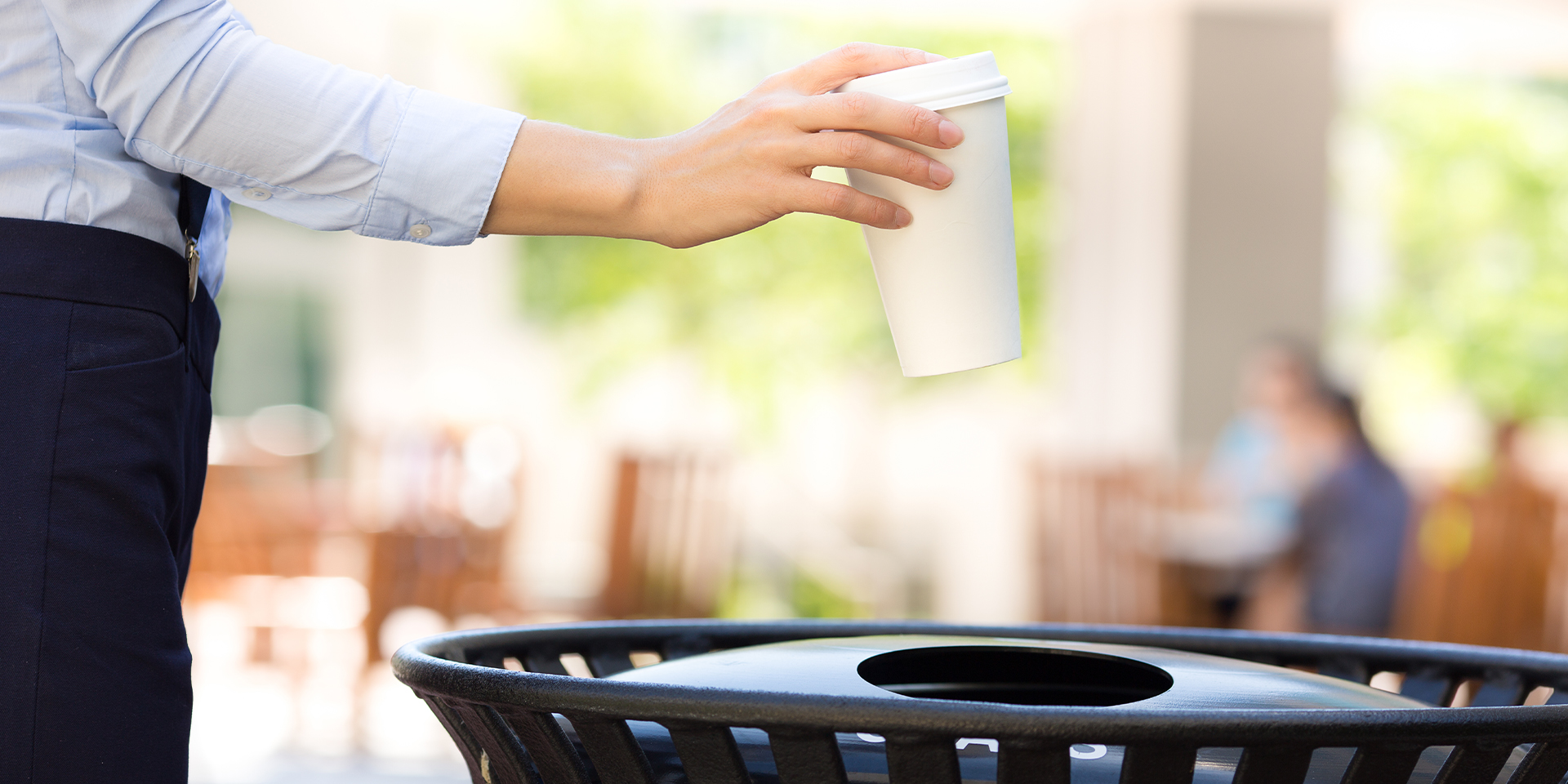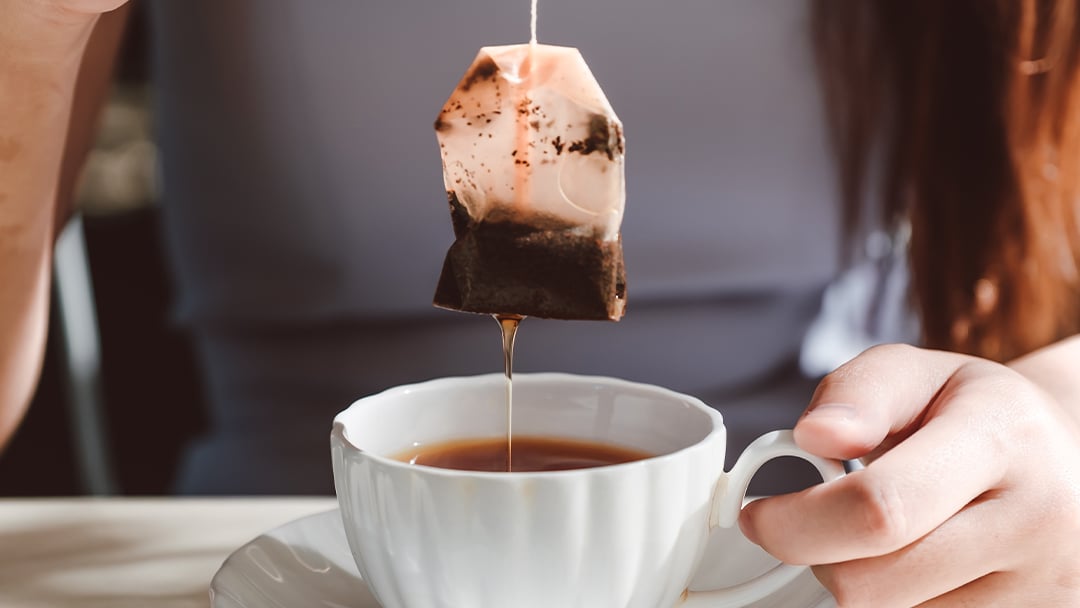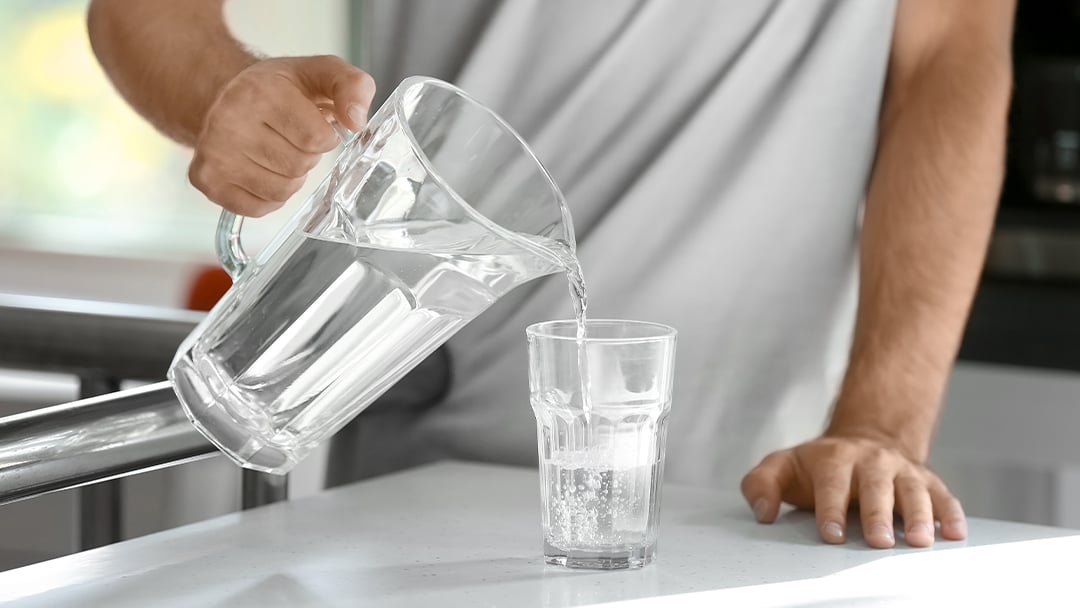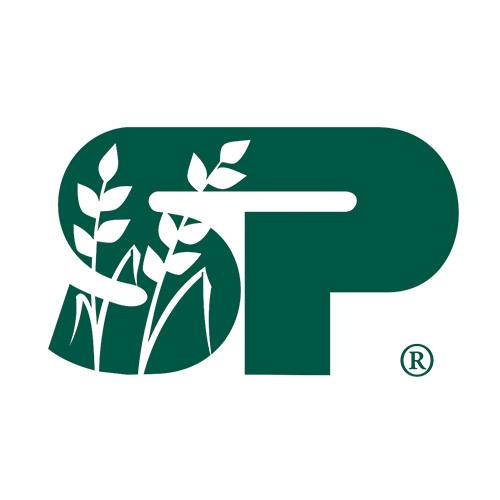Can I Drink Coffee While Detoxing or Cleansing?

We understand; here at Standard Process, we really love coffee, too. Unfortunately, it’s best to refrain from drinking coffee while detoxing or cleansing. This is one of the most common questions asked during our annual Detox & Purification Challenge, and for good reason:
- 64% of American adults currently consume coffee every day.
- Americans drink about 400 million cups of coffee every day.
- Americans drink about 146 billion cups of coffee per year.
For many of you, giving up coffee, even for a short-term detoxification, is a scary prospect. We hear you. The great news is, even on our longest detox program, you only need to give it up for about a month.
When detoxing, you may need to give up your favorite drink. And the reason is generally the same: it’s usually not about the drink, it’s about the caffeine. For some programs, additives like sugar and milk are avoided or eliminated. Before we get too far into the why, let’s get past the inevitable follow-ups to this recommendation.
- Is un-caffeinated coffee okay? Yes, technically.
- What can I do for energy during my detox? We’ll dive in below.
- Is it really that much better if I don’t drink coffee? That depends.
Here are the long answers:
Can I have non-caffeinated coffee on my detox plan?
 Technically, decaf is fine, preferably without dairy and without added sugar. However, we advise that, if you can, you should wean off all coffee due to the acidity in that beverage. It’s better to drink clear water during a detox for maximum hydration without adding anything extra for your body to filter.
Technically, decaf is fine, preferably without dairy and without added sugar. However, we advise that, if you can, you should wean off all coffee due to the acidity in that beverage. It’s better to drink clear water during a detox for maximum hydration without adding anything extra for your body to filter.
Coffee in its most basic form – ground beans and water, essentially zero calories, unlovingly termed “bean water” by cynics – is not inherently “bad” for us. In fact, coffee has been studied frequently for its phytonutrient-derived health benefits, with the focus mainly on a phytonutrient associated with coffee: chlorogenic acid.[1],[2] But that same acidic phytonutrient also makes coffee less than ideal for a detox for a second reason.
There are detox-approved, non-acidic beverages you could choose to enjoy without hindering your body’s detox processes very much. Decaffeinated drinks fall in this category. Some replacements we’ve seen people use and are approved on our Detox program or Purification program include:
- Organic water-processed decaf coffee
- Bone broth or other broths
- Chicory root “no”ffee
- Licorice “no”fee
- Mushroom coffee
- Teecino
- Dandyblend
- Herbal teas (such as nettle leaf or mint)
Why shouldn’t I have caffeine on a detox?
Caffeine is referred to as a “drug” because it stimulates the central nervous system, which includes your brain, spinal cord, and adrenal glands. This is why we feel like we can’t get up and “go” in the morning without our cup o’ joe.
The goal for a detox or cleanse is detoxification and, ideally, a balanced endocrine system. Caffeine hinders this. The issue is that caffeine is a toxin; it can contribute to toxic load. Our goal while detoxing is, of course, to remove the toxins from our bodies. Adding in caffeine while detoxing is taking up resources that could instead be used to target other, older toxins in the body. Essentially, you’re adding more water to a tub of laundry you’re trying to clean; the cleaner the water you add, the more you’re moving toward the goal.
Additional caffeinated beverages people ask about that we recommend avoiding during a detox or cleanse:
- Black or chai teas
- Matcha
- Green tea
Is it really that much better if I don’t drink coffee?
 What happens if we don’t give up the coffee but do everything else in the detox? Short answer: We may not get the desired results of the detox. It will depend on how toxin-heavy your body is prior to starting the detox.
What happens if we don’t give up the coffee but do everything else in the detox? Short answer: We may not get the desired results of the detox. It will depend on how toxin-heavy your body is prior to starting the detox.
As we said before, caffeine is a drug. And some coffee (depending on the brand/sourcing) can be very heavily processed because of the chemicals that are used on the beans. If you’re supporting your body’s natural ability to detoxify on a regular basis, caffeine and/or coffee won’t have a huge impact during your detox program; it’s not adding to the competition of other toxins in your body to be eliminated. But if you’ve never done a detox and your body is likely overloaded with toxins, adding caffeine will have a more negative effect that simply isn’t worth it.
This same principle applies to decaffeinated coffee drinks as well. Technically, decaf is fine. However, it’s preferred that, if you can, you should wean off all coffee due to the acidity and potential toxins in that beverage.
How to start eliminating coffee before your detox
 If you haven’t already, weaning off a little at a time over the next few days can help minimize headaches and caffeine withdrawal symptoms. For example, you could start with 1/4 cup decaf added in, then 1/2 cup, and so on. Makes it easier!
If you haven’t already, weaning off a little at a time over the next few days can help minimize headaches and caffeine withdrawal symptoms. For example, you could start with 1/4 cup decaf added in, then 1/2 cup, and so on. Makes it easier!
Our recommended detox approach includes gradually reducing intake of caffeinated drinks. Start eliminating caffeine about 3-4 weeks prior to the beginning of your detox for the best results. First, limit coffee or caffeine to one cup per day and then (gradually, to avoid negative side effects, like headaches) eliminating altogether for the duration of your detox or cleanse program.
Symptoms of caffeine withdrawal
While preparing for your detox program, or as you get started and give up coffee and/or caffeine, there are some common symptoms you can expect. They should be short-lived and should go away within a week; if they don’t, we recommend checking in with your health care practitioner supervising your detox. These symptoms could include:
- Headache
- Crankiness
- Perceived lower energy
TLDR; The goal of a detox program is to support our body’s natural ability to remove toxins. Effective detox requires good food in an array of macronutrients, vitamins, and minerals. It may also require the temporary removal of certain dietary components, like caffeine, that could limit detox power.
Fortunately, we don’t have to give up coffee forever, only for the short length of the detox to help your body’s natural detoxification process run its course. And who knows - you may even discover that you don’t need it as much as you thought!
You’ve got this!
References:
[1] Butt, M. S., & Sultan, M. T. (2011). Coffee and its consumption: benefits and risks. Critical reviews in food science and nutrition, 51(4), 363–373. https://doi.org/10.1080/10408390903586412
[2] Nieman, D. C., Goodman, C. L., Capps, C. R., Shue, Z. L., & Arnot, R. (2018). Influence of 2-Weeks Ingestion of High Chlorogenic Acid Coffee on Mood State, Performance, and Postexercise Inflammation and Oxidative Stress: A Randomized, Placebo-Controlled Trial. International journal of sport nutrition and exercise metabolism, 28(1), 55–65. https://doi.org/10.1123/ijsnem.2017-0198
